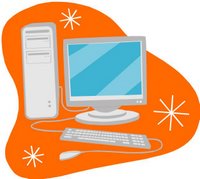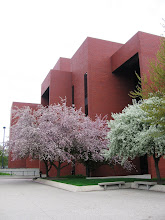Re-learning an Old Lesson: Backing up Data

In the March 2006 issue of The Library Insider, I reported that one of our Gateway 935C file servers failed. It had been in service for over three years.
This failure became a calamity because there was no backup copy of the data. The server was one of several general purpose file servers. It hosted miscellaneous data, application files, and Access databases.
We were fortunate that none of the “lost” files affected public services. The next step was to send server components to a company that specializes in data recovery from failed devices.
We shipped 3 hard drives and the RAID [Redundant Array of Independent (or Inexpensive) Disks] controller to CBL Data Recovery Technologies in El Cajon, California.
After analyzing the components, CBL reported that much of the data could be recovered. In mid-March, we received 6 DVD discs containing recovered data files. We estimate that 95% of the data was recovered.
Our Windows server specialist Budi Wibowo analyzed the recovered data and began the process of restoring the files and securing appropriate access permissions. This time the data is available on a HP ProLiant DL360 server that has quality backup processes in place. The cost was $3,550.
Notwithstanding lost productivity and the anxiety caused by our server crash and subsequent concern for weeks about lost data, our story has had a good outcome because we recovered almost all of our otherwise lost data. From this experience, we also re-learned an important lesson, which is to back up our operational and strategic data.
For information, contact Bradley D. Faust, Assistant Dean for Library Information Technology Services, BFaust@bsu.edu or (765) 285-8032.
This story was published in The Library Insider, April 2006, pg. 7.
The Library Insider


